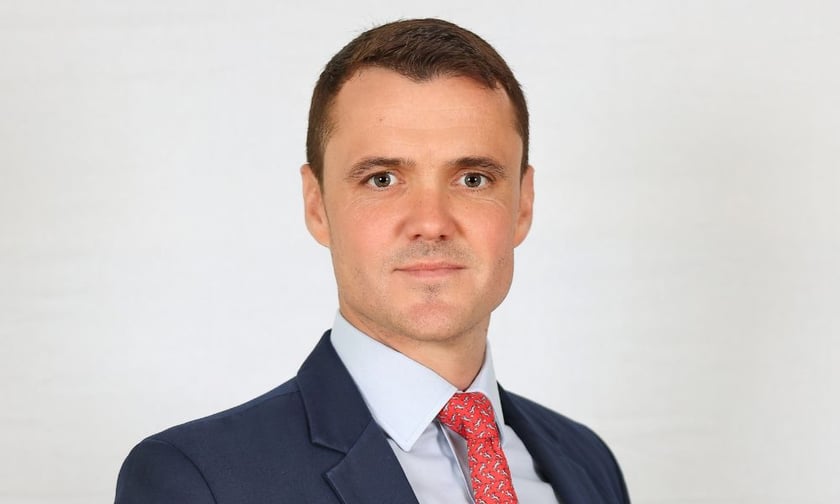

The COVID-19 pandemic’s impact on mental health caused insurance companies and many other businesses to rethink their approach to mental wellbeing. The increased number of mental health programs for staff bear witness to this change.
Another way the pandemic changed thinking, said AXA XL’s Ben Sharp (pictured above), was around corporate resilience and crisis management.
“The COVID-19 pandemic has been a salutary reminder that a crisis can hit anyone, at any time,” said AXA XL’s underwriting manager for crisis management and special risks.
“As organisations in all sectors quickly found new ways of working to adapt to the pandemic and the restrictions on the movement of people and goods, many were prompted to think even more deeply about how to build corporate resilience.”
As we move into a post pandemic phase, Sharp suggested that this new way of thinking is being applied to “the myriad of other risks that organisations face when operating at home or abroad - and which could escalate into a crisis.”
He said these can include man-made disasters, political violence and terrorism, bribery, lone assailants, industrial accidents and more.
“When a crisis does occur it requires a swift, organized and specialized response,” said Sharp.
AXA XL recently responded to this need, he said, by launching a new online quote and bind crisis response product. The offering, said Sharp, gives policyholders access to specialist risk and business intelligence consultancy S-RM’s crisis management response team, 24 hours a day.
On its website, S-RM, a London headquartered firm, describes itself as “a global intelligence and cyber security consultancy” and says it has more than 350 experts and advisors.
Sharp said his firm’s product is the result of years of experience helping clients prevent, prepare and handle a crisis situation. He said it is more than just an insurance policy.
The increasing number of sophisticated and consolidated crisis management offerings could be an industry trend.
In June last year, Rob McMullen, US-based president of Paragon Risk Engineering, visited Australia. Prior to the visit, his firm was acquired by Sigma7.
The media release announcing that acquisition described Sigma7 as “a new kind of risk services model” with a client base including more than 300 of the “largest and most complex organizations” in the world.
In an interview with Insurance Business, McMullen said Sigma7 gives clients access to world leaders from politics, the military and business, “who ensure the right outcomes are achieved” during a crisis situation.
McMullen said his Australia trip was his first international visit after the merger. “Sigma7 has already realised the importance of Australia and New Zealand,” he said.
McMullen said “the world of risk” is very fragmented as an industry.
“Some companies like Paragon have very specific technical expertise in risk engineering and risk consulting. Other companies could be really strong in cyber, others in forensic accounting - you can count the whole spectrum, so it’s very fragmented,” he said. “The Sigma7 vision is to pull all those together so that customers effectively have a one stop shop.”
He gave the example of a mining company that lost its license to operate in an African country. “A phone call and visit to the nation’s leader and the license was re-instated,” he said.
McMullen said organisations need “quantifiable information” to make better-informed decisions.
“Today’s strategic decisions are often made with static and subjective risk information, leading to businesses achieving suboptimal outcomes,” he said. “Many of our competitors generate reports with information that you can find in a magazine or searching the internet.”
McMullen said his firm’s crisis management research is “purely quantifiable and outcome-focused across all risk domains.” He said Sigma7’s “continuous support model” reduces volatility, exposure, and risk spending.
“It enables our clients to visualise and quantify, in real time, the risks and threats to their people, operations and supply chains,” he said.
McMullen described Paragon’s business specifically as “the entire scope of commercial property insurance.” He included hotels and airports at the lower risk, less complex end of their business up to “the most complex things, like an underground coal mine.”
McMullen said Paragon has recognised for some time that its clients were underserved in the risk marketplace.
“We believe that a platform of specialist capabilities will better serve our unbundled clients and our insurer and broker partners,” he added.
